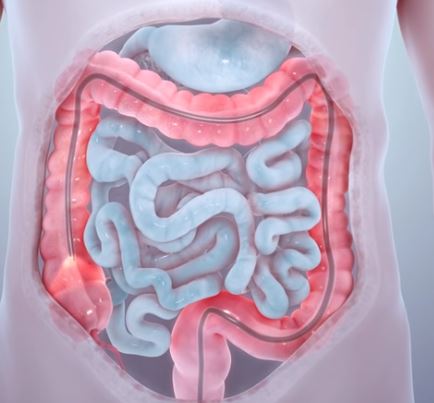How Can Colorectal Cancer Be Cured?
How Can Colorectal Cancer Be Cured?
Colorectal cancer, often referred to as colon or rectal cancer, is a significant health concern worldwide. It is the third most common cancer diagnosed in both men and women and the second leading cause of cancer-related deaths. However, there is hope. In recent years, significant advancements in medical science have improved our understanding of this disease and how to treat it effectively. This article explores the How Can Colorectal Cancer Be Cured, providing insight into early detection, treatment options, and the importance of a healthy lifestyle.
Understanding Colorectal Cancer
Before delving into the methods of curing colorectal cancer, it is important to understand the disease itself. Colorectal cancer originates in the colon or rectum, typically from the growth of polyps, which are abnormal tissue growths on the inner lining of the colon or rectum. These polyps can eventually turn cancerous and form tumors. The risk factors for developing colorectal cancer include age, family history, a personal history of colorectal cancer or polyps, inflammatory bowel disease, and lifestyle factors such as diet and physical inactivity.
Early Detection
Early detection plays a pivotal role in curing colorectal cancer. Regular screenings, such as colonoscopies, fecal occult blood tests, and sigmoidoscopies, can detect the presence of polyps or early-stage cancer. When detected at an early stage, colorectal cancer is highly curable. Patients often have a better prognosis and more treatment options available to them.
Effective Treatment Options
- Surgery: In many cases, colorectal cancer can be cured through surgery. The goal of surgery is to remove the tumor and any surrounding tissue that may contain cancer cells. Depending on the stage and location of the cancer, different surgical techniques may be employed. Surgery can either be curative, where the entire tumor is removed, or palliative, aimed at relieving symptoms and improving the patient’s quality of life.
- Chemotherapy: Chemotherapy is a widely used treatment for colorectal cancer. It involves the use of drugs to kill cancer cells or inhibit their growth. It can be administered before surgery (neoadjuvant chemotherapy) to shrink the tumor, after surgery (adjuvant chemotherapy) to kill any remaining cancer cells, or for advanced stages of the disease to slow its progression. Combination therapies, including chemotherapy and targeted therapy, have been successful in improving treatment outcomes.
- Radiation Therapy: Radiation therapy uses high-energy beams of radiation to target and kill cancer cells. It is often used in combination with surgery, chemotherapy, or both. Radiation therapy can shrink tumors before surgery or destroy any remaining cancer cells after surgery.
- Targeted Therapy: Targeted therapies are a newer class of drugs designed to target specific molecules involved in cancer growth. They are often used in combination with chemotherapy. Targeted therapy can be particularly effective in cases where standard chemotherapy may not work.
- Immunotherapy: Immunotherapy is an emerging treatment option for colorectal cancer. It works by stimulating the body’s immune system to recognize and attack cancer cells. While it has shown promise in clinical trials, it is still an area of ongoing research.
Maintaining a Healthy Lifestyle
Preventing colorectal cancer is just as important as curing it. A healthy lifestyle can significantly reduce the risk of developing this disease. Here are some essential steps to keep in mind:
- A Balanced Diet: Consuming a diet rich in fruits, vegetables, and whole grains while limiting red and processed meats can reduce the risk of colorectal cancer.
- Regular Exercise: Engaging in regular physical activity can help maintain a healthy weight and reduce the risk of colorectal cancer.
- Limiting Alcohol and Tobacco: Reducing or eliminating alcohol and tobacco use is crucial in cancer prevention.
- Regular Screenings: Routine screenings are vital for early detection and successful treatment. Discuss your risk factors with your healthcare provider and follow their recommendations for screenings.
Conclusion
Colorectal cancer is a formidable adversary, but it is by no means invincible. With advancements in medical science and increased awareness, we have a range of tools at our disposal to effectively cure this disease. Early detection, a variety of treatment options, and a commitment to a healthy lifestyle are key factors in the fight against colorectal cancer. Regular screenings, timely intervention, and support from healthcare professionals can make a significant difference in the outcome for those affected by this disease. By staying informed and proactive, we can continue to make strides in the battle against colorectal cancer.



